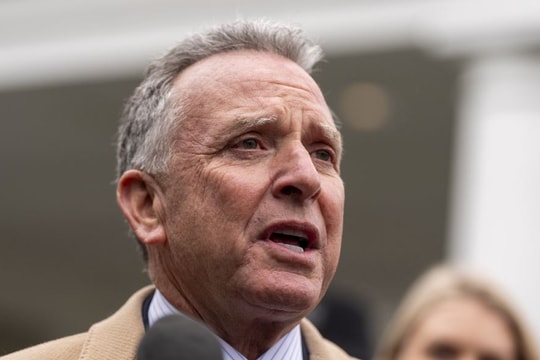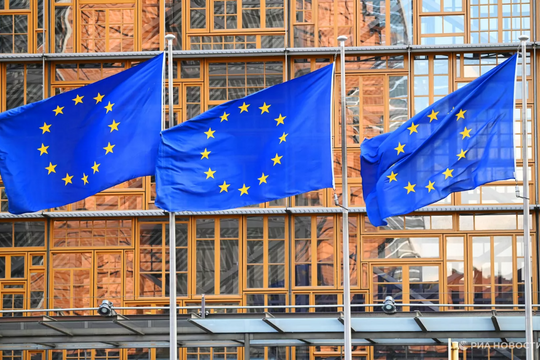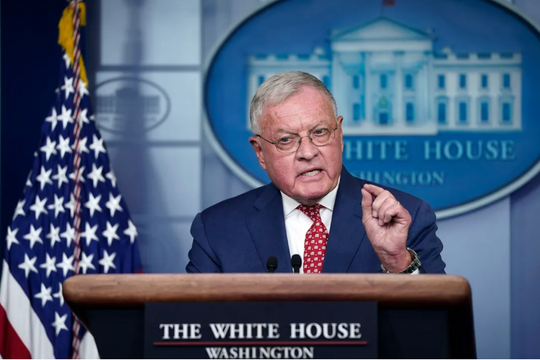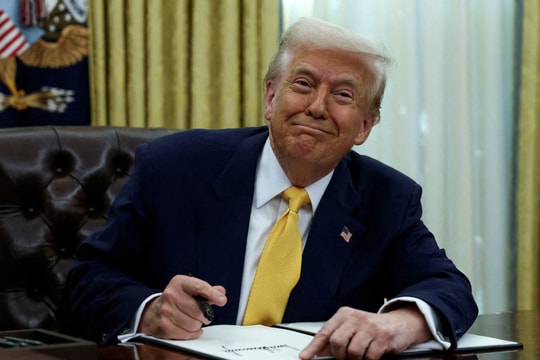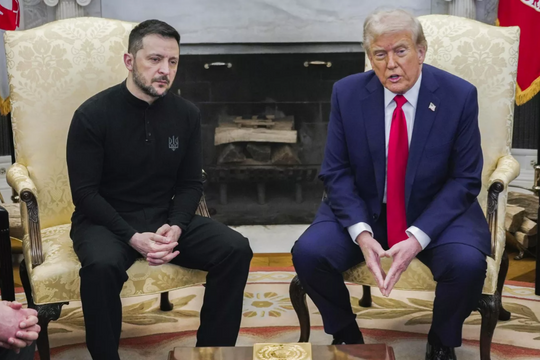US criticizes plan to send 'peacekeeping force' to Ukraine
The US President's special envoy said that Europe's plan to send "peacekeeping forces" to Ukraine was just an effort to show off.
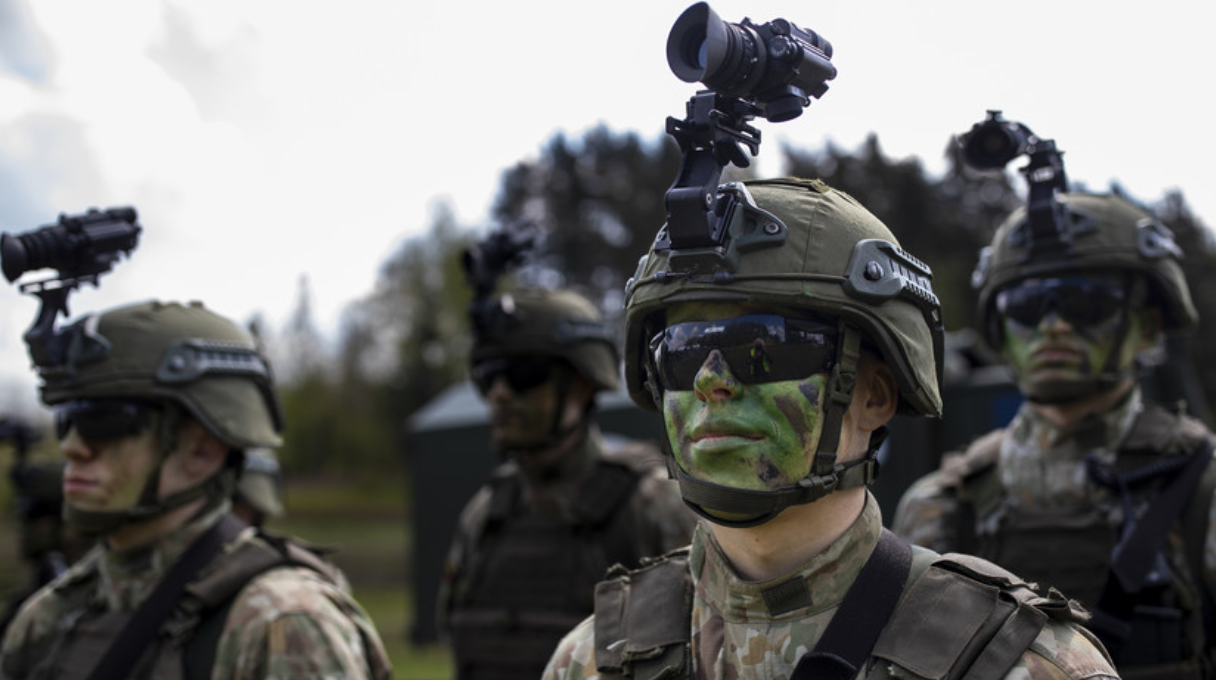
According to RT on March 23, US President's special envoy Steve Witkoff said the plan of Britain and European countries to send peacekeeping troops to Ukraine is just an "effort to show off".
In an interview with journalist Carlson Tucker, special envoy Witkoff said that Britain and other European countries are overestimating their power when planning to send peacekeeping forces to Ukraine. According to him, claims by European politicians about the threat from Russia are unfounded.
Mr. Witkoff stressed that he was confident that Moscow had no plans to “annex Ukraine.”
“The Russians have gotten what they wanted. They have control of five regions. They have Crimea. They have everything they wanted. Why do they need more?” – Mr. Witkoff said.
President Trump’s special envoy also noted the questionable service European politicians were providing to Ukraine, as they tried to encourage Mr. Zelensky to become stagnant at the negotiating table.
“I have spoken to many European leaders and told them: ‘The more you encourage Mr. Zelensky not to actively engage in peace negotiations, the more clearly it is evident that the aid will continue to be provided without any conditions. No one is saying that we should not help Ukraine now or later in the recovery period. But this has to happen under certain conditions,’” the US special envoy said.
He explained that if the US was going to provide Ukraine with “a large sum of money”, they would first want to know the plan of action, to understand “how this situation will be resolved”.
Witkoff stressed that Washington intends to reach a fair deal for Kiev to resolve the crisis, but will not let Kiev be dragged into World War III.
A “coalition of the willing” proposed by British Prime Minister Keir Starmer is discussing patrolling Ukrainian airspace and ensuring maritime security after a peace deal is signed between Moscow and Kiev, the Financial Times reported. The newspaper noted that this approach is a departure from the previous emphasis on a European military presence on the ground.
At the same time, London still considers US participation an important condition for deploying Western military forces in Ukraine.
Political scientist Vladimir Kornilov said in an interview with RT that the US attitude towards the European peacekeeping initiative reflects the Donald Trump administration's pragmatic approach to the conflict in Ukraine.
“Washington knows very well that Europe will not take anyone anywhere. And everything Europe is doing now with its peacekeeping announcements is an attempt to sabotage any efforts to reach a peace agreement. Because if in the United States there is a change of power and a change of political direction, in Europe everything remains the same as under the Democratic administration, which has been anti-Russia for a long time. However, after losing a strong like-minded partner like the United States under Biden, European politicians cannot find a better way than to act as the main warrior against Russia themselves. But they do not have the strength and resources to do this,” the expert explained.
Vladimir Batyuk, chief researcher at the Institute for the United States and Canada, said that the military potential of individual European countries supporting the peacekeeping idea is insignificant compared to that of the United States or Russia.
“For example, if we take the British army, which is considered the most combat-ready in Europe, it has two self-propelled artillery battalions and 40 Challenger tanks. It is difficult to understand how it can carry out peacekeeping tasks on the Russian-Ukrainian contact line, which is about 2,000 km long. Other European countries have an even worse situation with their armed forces. In addition, all the allies have a very difficult economic situation in their countries. In these conditions, it is unclear where they will get money for rearmament,” the analyst explained.

